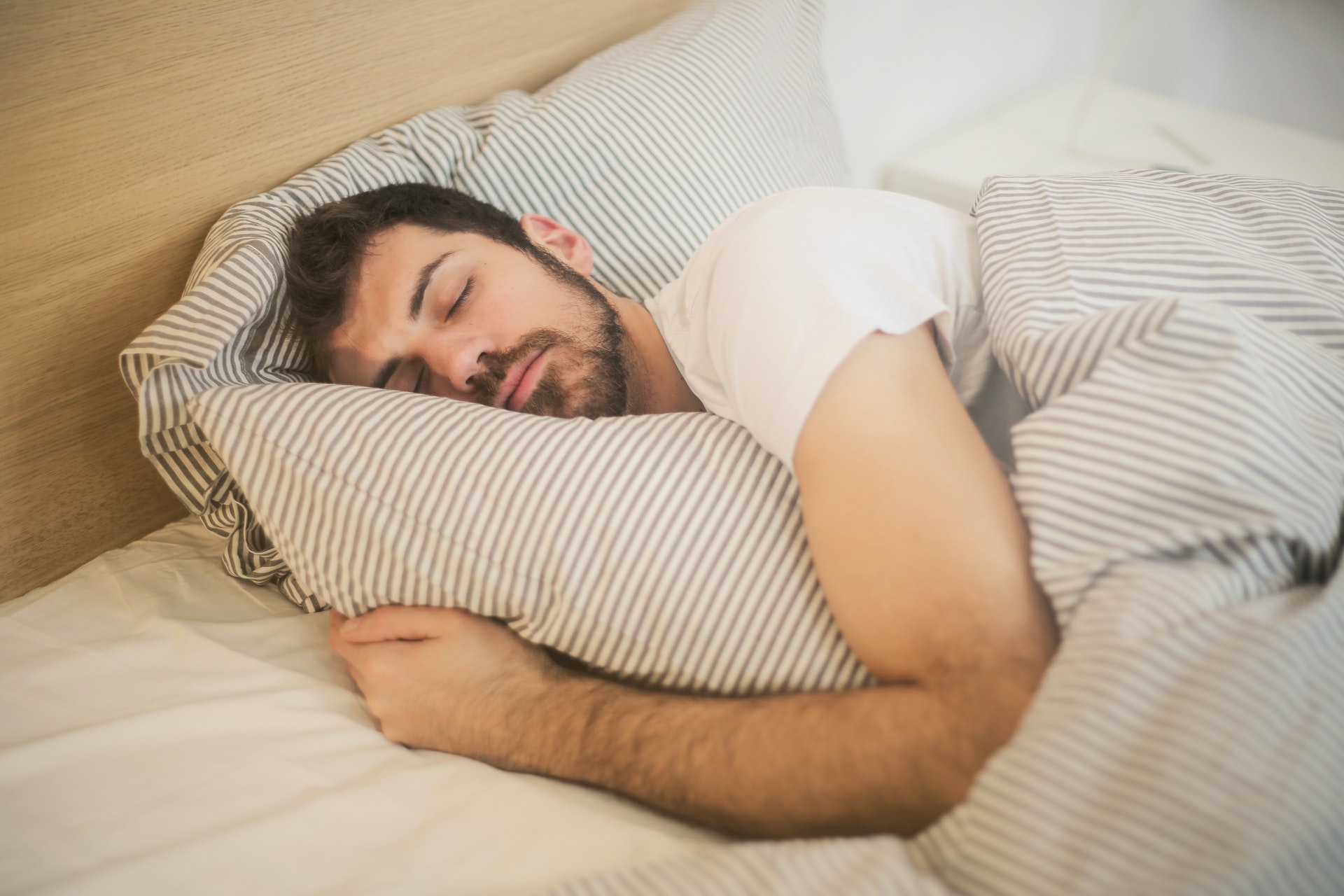Burnt out on thrashing around evening time? These tips will help you rest better and be more energetic and productive during the day.
A decent night’s rest is as significant as regular exercise and a healthy eating routine.
In any case, when was the last time you woke up feeling revived and confident – prepared to accomplish the tasks of the day? Or then again, nodded off effectively without stress or exertion?
How can you get sleep better at night?
Unfortunate daytime propensities and way of life decisions can leave you tossing and turning at night and unfavorably influence your disposition, mind and heart wellbeing, insusceptible framework, imagination, imperativeness, and weight.
But by trying different things with the accompanying tips, you can appreciate better rest around evening time, boost your wellbeing, and further develop how you think and feel during the day.
Think about straightforward tips for better rest, from setting a sleep schedule to remembering to include physical activity in your daily routine.
Start with these simple tips.
1. Create a sleep schedule
Put away something like eight hours for rest. The suggested amount of sleep for an adult is at least seven hours. The vast majority don’t require over eight hours in bed to accomplish this objective.
Head to sleep and get up at the same time consistently. Attempt to restrict the distinction in your rest plan on weeknights and weekends to no more than 60 minutes. Being predictable supports your body’s sleep-wake cycle.
On the off chance that you don’t nod off inside around 20 minutes, leave your room and accomplish something unwinding. Peruse or pay attention to relieving music. Head to sleep when you’re worn out. Rehash depending on the situation.
2. Focus on what you eat and drink
Try not to hit the sack eager or stuffed. Specifically, keep away from heavy or huge dinners within two or three hours of sleep time. Your discomfort could keep you up.
Nicotine, caffeine and liquor merit caution, as well. The stimulating impacts of nicotine and caffeine require hours to wear off and can unleash ruin on quality rest. Furthermore despite the fact that liquor could cause you to feel lethargic, it can upset your rest later in the night.
If you do desire a cup of coffee in the late afternoonor , stay with decaffeinated coffee.
3. Establish a peaceful environment
Create a room that is great for dozing. Frequently, this implies cool, dark and quiet. Openness to light could make it more testing to nod off. Stay away from delayed utilization of light-transmitting screens not long before sleep time. Consider utilizing room-obscuring conceals, earplugs, a fan or different gadgets to establish a climate that suits your needs.
Doing calming activities before sleep time, like taking a hot bath or utilizing unwinding methods, could advance better rest.
Hold commotion down. In the event that you can’t keep away the noise from your neighbors, traffic, or others in your family, have a go at covering it with a fan or sound machine. Earplugs may likewise help.
Keep your room cool. The vast majority sleep better in a somewhat cool room (around 65° F or 18° C) with sufficient ventilation. A room that is too hot or too cold can impede quality rest.
Ensure your bed is comfortable for you. Your bed blankets should leave you sufficient space to stretch and turn serenely without becoming tangled. Assuming you regularly awaken with a sore back or a throbbing neck, you might have to explore different avenues regarding various degrees of sleeping cushion firmness, foam toppers, and different types of pillows..
Reserve your bed only for slepping and sex. By not working, staring at the TV, or utilizing your telephone, tablet, or PC in bed, your cerebrum will connect the room with simply rest and sex, which makes it simpler to slow down around bedtime and consequentely sleep better.
4. Limit naps during the day
Long daytime rests can slow down night time sleep. On the off chance that you decide to nap, limit yourself to a 30 minutes max nap and try not to do this late in the day.
In the event that you fill in for late shifts, notwithstanding, you could have to rest late in the day preceding work to help make up your sleep obligation.
5. Include physical exercise in your day
Regular exercise can make you sleep better. Try not to be excessively active near sleep time, nonetheless.
Investing energy outside consistently may be useful, as well. As we saw that sunlight exposure during the day can help you sleep better.
Individuals who practice physical activity regularly rest better and feel less drowsy during the day. Regular exercise likewise helps dealing with the symptoms of insomnia and sleep apnea and expands how much time you spend in the profound, helpful phases of rest, i.e. the deep restarative stages of sleep.
Working out speeds up your metabolism, elevates internal heat level, and stimulates hormones like cortisol. This isn’t an issue assuming you’re working out in the first part of the day or evening, however if too close to bed time can obstruct your sleep.
Attempt to complete moderate to lively exercises no less than three hours before sleep time. Assuming that you’re actually encountering rest troubles, move your exercises much prior. Unwinding, low-sway activities, for example, yoga or stretching in the evening can help you sleep better.
6. Manage your stress
Attempt to determine your concerns or worries before sleep time. Write down what’s at the forefront of your thoughts and afterward put it away for a more rested tomorrow.
Meditation can help you deal with anxiety and stressful thoughts.
Do you frequently find yourself unfit to get to rest or routinely awakening consistently?
Remaining pressure, stress, and outrage from your day can make it extremely challenging to rest soundly. Finding ways to deal with your general feelings of anxiety and figuring out how to control the concern propensity can make it more straightforward to loosen up around sleep time.
You can also implement a bedtime ritual, by doing that you set up your brain to rest mode and you’ll be able to sleep better. Try meditation, stretching, organizing your space, taking a hot shower, or dimming the lights and playing a relaxing music or a book recording.
7. Decrease blue light exposure at night
Exposure to light during the day is gainful, yet too much exposure to light around the evening has the opposite impact.
This is because of its impact on your circadian rhythm, fooling your brain into believing it’s still daytime. This diminishes hormones like melatonin, which help you unwind and get deep rest.
Blue light – which electronic gadgets like cell phones, tablets and PCs emanate in enormous sums – is harmful to a great night of sleep.
There are a few famous strategies you can use to lessen the blue light effects. These include:
- Wear glasses that block blue light.
- Download an app to hinder blue light on your PC and smartphone.
- Quit staring at the TV or tablet screens and mood killer any splendid lights 2 hours prior to going to bed.










